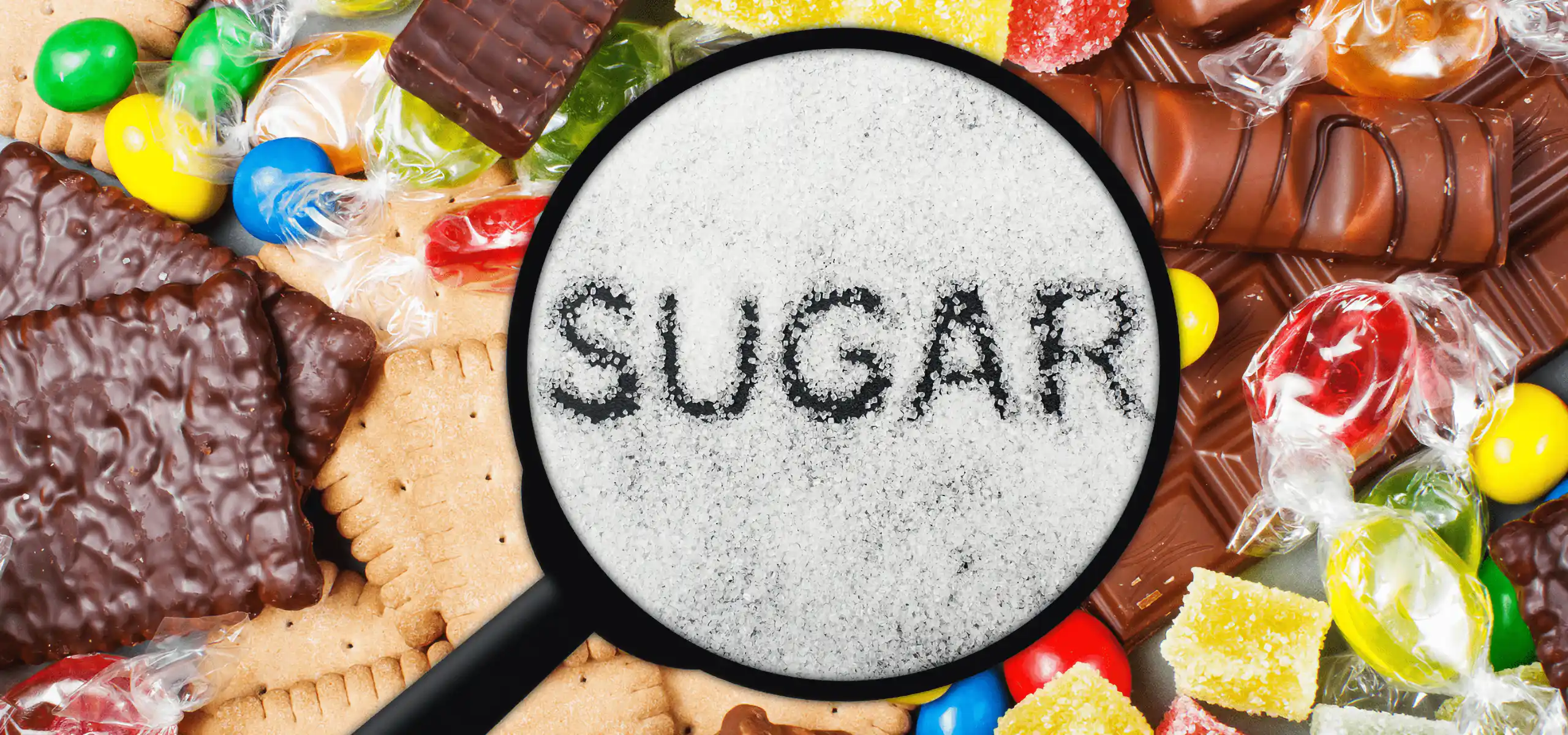Parenting Tips /
Sugar Overload: How Excessive Sucrose Consumption May Be Damaging Your Child’s Brain

Sugar (Sucrose) is a common component of many children’s diets, and it has been linked to a variety of negative health outcomes, including obesity [1], insulin resistance & prediabetes [2]. But do you know that too much sugar can also harm your child’s brain?
Recent studies have revealed a surprising link between excessive sucrose consumption and memory, attention, and learning [3, 4, 5]. Researchers have found that high sugar intake can affect the brain’s structure and function, leading to cognitive deficits and behavioral problems. One of the studies found that consuming high amounts of sugar has adverse effects on brain function, such as spatial memory and reduced hippocampal neuroproliferation [3].
*Hippocampal neuroproliferation refers to the growth and development of new neurons in the hippocampus region of the brain. The hippocampus plays a crucial role in learning, memory, and spatial navigation, and the growth of new neurons in this region has been linked to improved cognitive function and mental health. The study revealed that rats who were fed a diet high in sugar had impaired memory and learning ability compared to rats fed a normal diet.
Other findings also suggested that high sugar intake was associated with poorer verbal intelligence [4] and academic performance [5] in children.
So what can parents do to protect their children’s brain health? The first step is to be aware of the sugar content in the foods and drinks your child consumes. Read nutrition labels carefully, and try to limit your child’s intake of sugary treats and beverages.
Instead, encourage your child to eat a balanced diet rich in whole grains, fruits, and vegetables, which provide essential nutrients for brain health. You can also consider offering healthy alternatives, such as fresh fruit or yogurt.
In conclusion, excessive sugar consumption can have serious consequences for your child’s brain health, leading to cognitive deficits and behavioral problems. Be mindful of the sugar content in your child’s diet and make healthy food choices, to ensure your child’s brain is growing and functioning at optimum level.
References:
-
Magriplis, E., Michas, G., Petridi, E., Chrousos, G. P., Roma, E., Benetou, V., Cholopoulos, N., Micha, R., Panagiotakos, D., & Zampelas, A. (2021, August 3). Dietary sugar intake and its association with obesity in children and adolescents. Children (Basel, Switzerland). Retrieved April 11, 2023, from https://www.ncbi.nlm.nih.gov/pmc/articles/PMC8391470/
-
Karatzi, K., Lionis, C., Barouti, A.-A., & Manios, Y. (2021, October 18). Dietary patterns and breakfast consumption in relation to insulin resistance in children. The Healthy Growth Study. Public Health Nutrition. Retrieved April 11, 2023, from https://www.academia.edu/16257307/Dietary_patterns_and_breakfast_consumption_in_relation_to_insulin_resistance_in_children_The_Healthy_Growth_Study
-
Reichelt, A. C., Morris, M. J., & Westbrook, R. F. (2016, June 17). Daily access to sucrose impairs aspects of spatial memory tasks reliant on pattern separation and neural proliferation in rats. Learning & memory (Cold Spring Harbor, N.Y.). Retrieved April 11, 2023, from https://www.ncbi.nlm.nih.gov/pmc/articles/PMC4918785/
-
Cohen JFW, Rifas-Shiman SL, Young J, Oken E. Associations of Prenatal and Child Sugar Intake With Child Cognition. Am J Prev Med. 2018 Jun;54(6):727-735. doi: 10.1016/j.amepre.2018.02.020. Epub 2018 Apr 16. PMID: 29674185; PMCID: PMC5962431.
-
Burrows, T., Goldman, S., Olson , R. K., Byrne , B., & Coventry, W. L. (2017, May 6). Associations between selected dietary behaviours and academic achievement: A study of Australian school aged children. Science Direct. Retrieved April 11, 2023, from https://www.sciencedirect.com/science/article/abs/pii/S0195666317303744?via%3Dihub